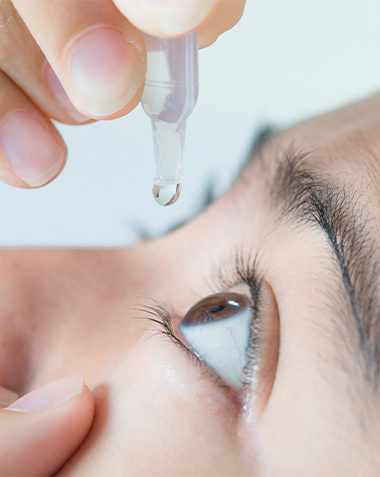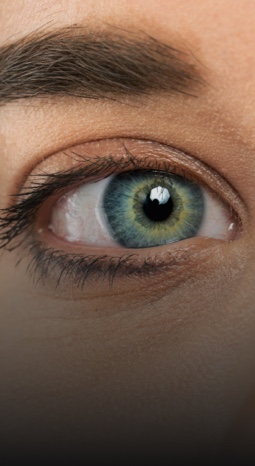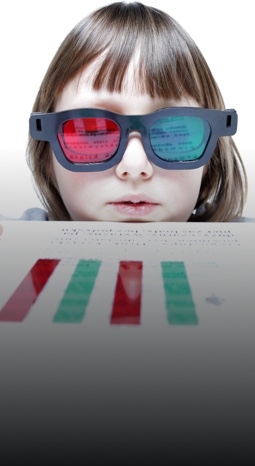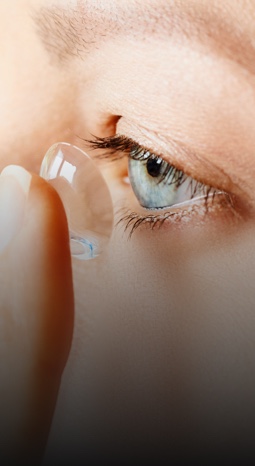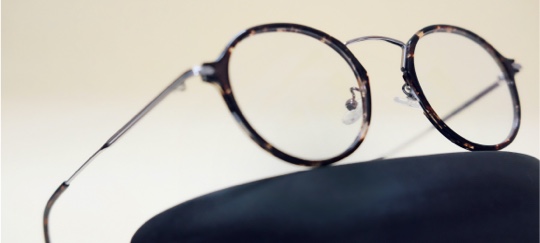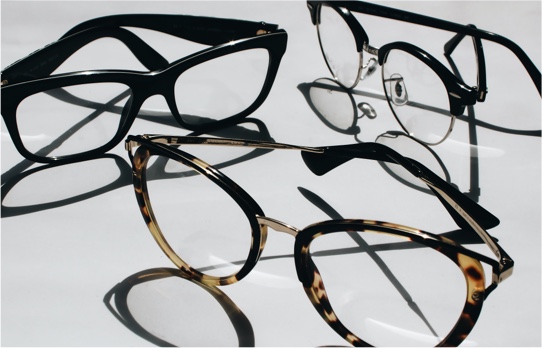What Causes Dry Eyes?
Dry eyes occur when there’s a problem with your tear film. Tears are essential for protecting and nourishing your eyes and maintaining their health and comfort. When you don’t produce enough tears or the chemical composition of your tear film is poor, you can develop sore, dry eyes.
While dry eyes are chronic, there are many reasons why they may develop in the first place. These include:
- The Environment: Dry, air-conditioned homes in the summer, hot, dry houses in the winter, and windy, smoky, or arid climates can cause dry eyes.
- Certain Medications: Medications like antihistamines, antidepressants, decongestants, diuretics, and hormone replacement therapies can cause dry eyes.
- Your Age: Changes that come with age can affect your tear film. Some patients may experience reduced tear production that causes dry eyes.
- Your Gender: Women, especially those who are pregnant or over 40, tend to be more susceptible to dry eyes.
- Skin and Eyelid Disorders: Inflammatory skin disorders (like rosacea) or inflammatory eyelid disorders affect the tear film’s lipid layer and can cause dry eyes.
- Systemic Disorders: Health conditions like Sjögren’s syndrome, lupus, rheumatoid arthritis, scleroderma, diabetes, or thyroid conditions can cause dry eyes.
- Contact Lens Wear: Long-term contact lens use can lead to corneal desensitivity and dry eyes.
- Laser Eye Surgery: Dry eyes can be a side effect of laser eye surgery like LASIK. However, it’s usually temporary.
- Digital Device Use: Dry eyes are a common symptom of digital eye strain.



